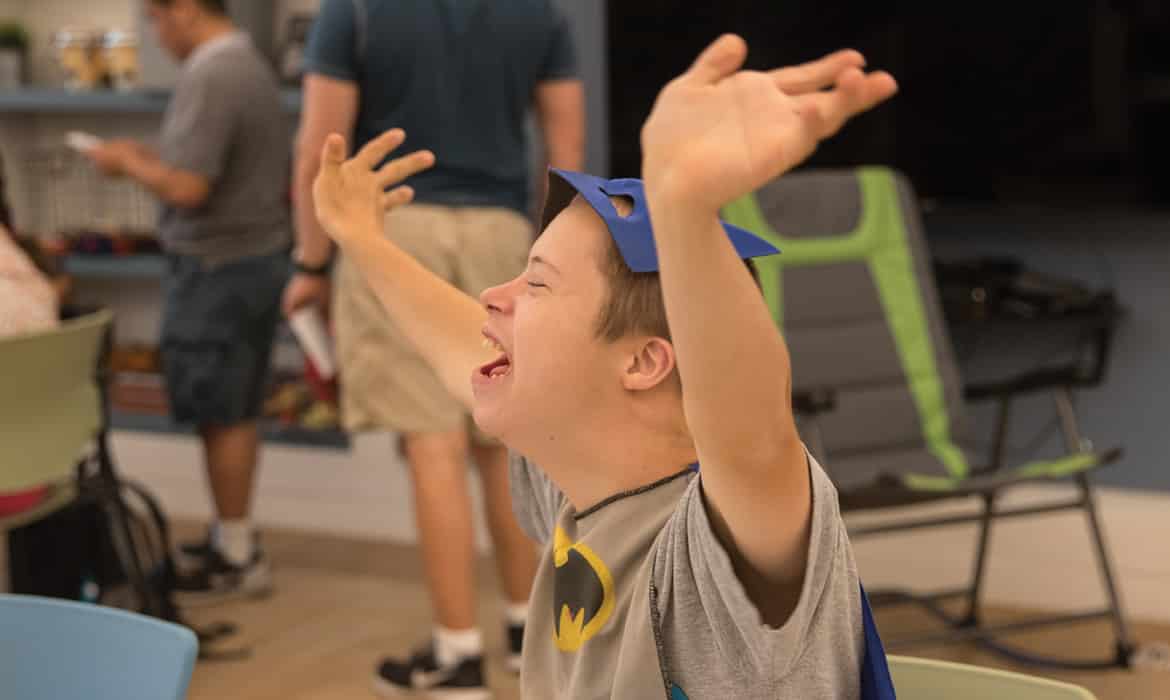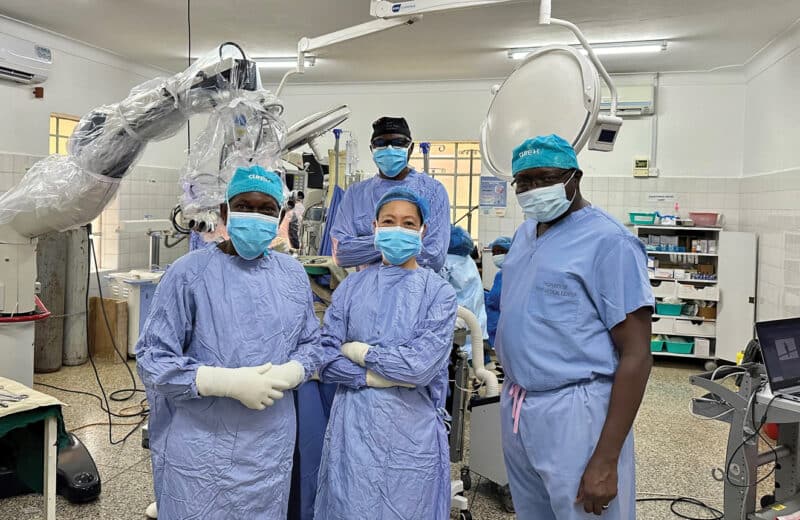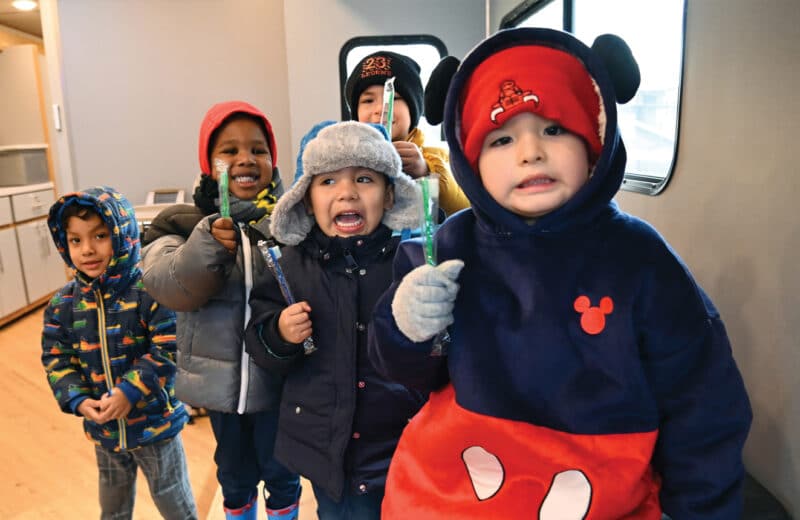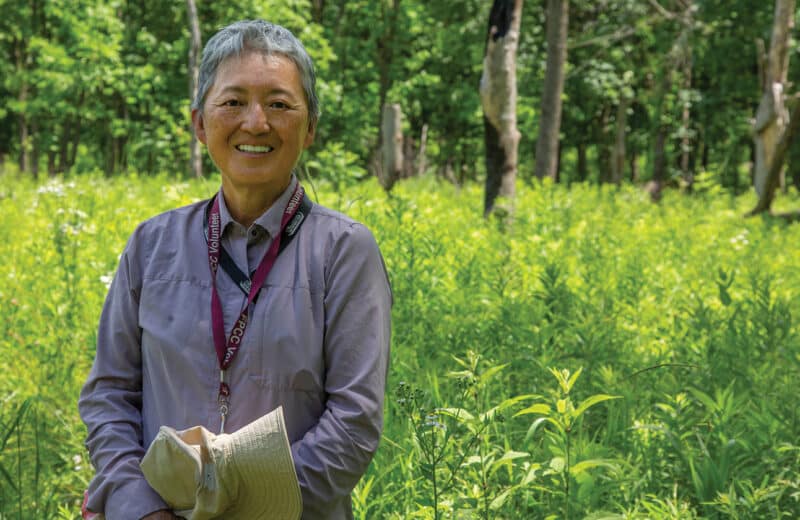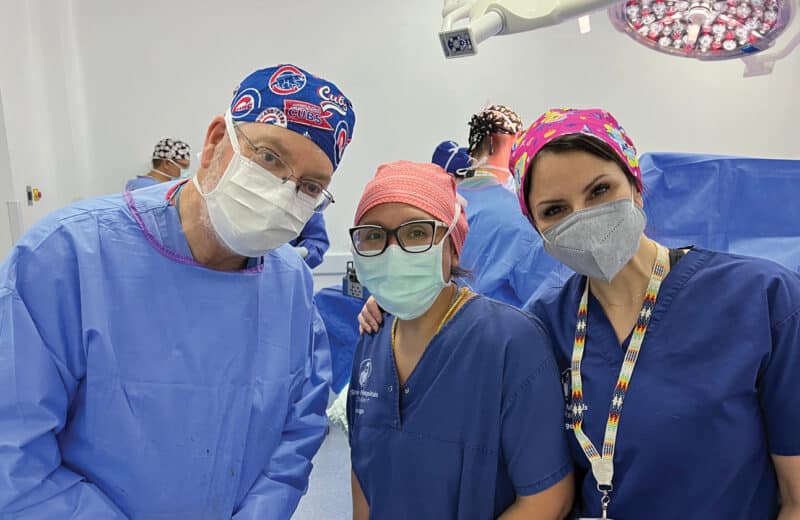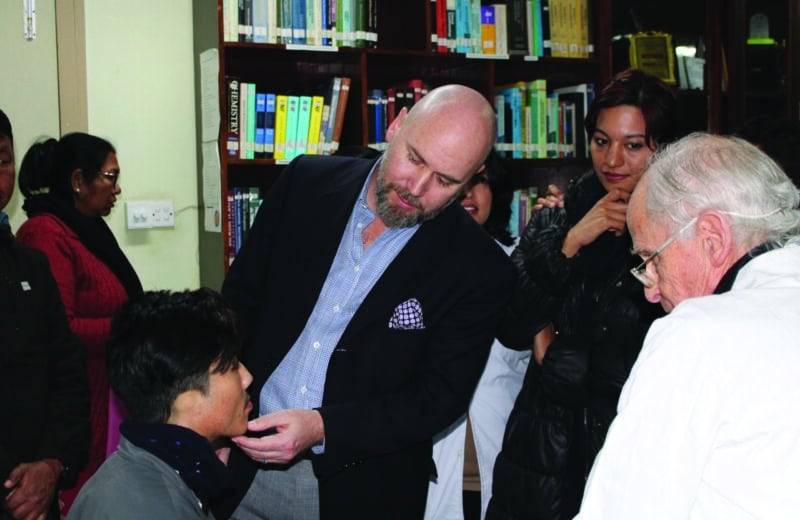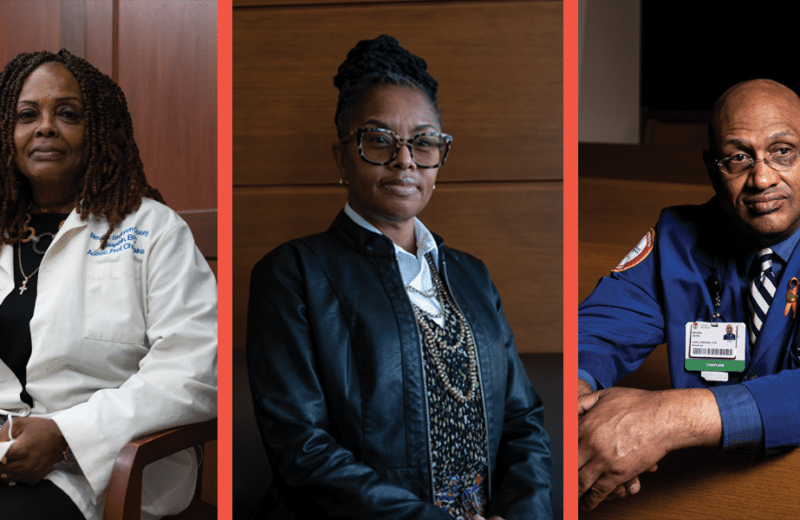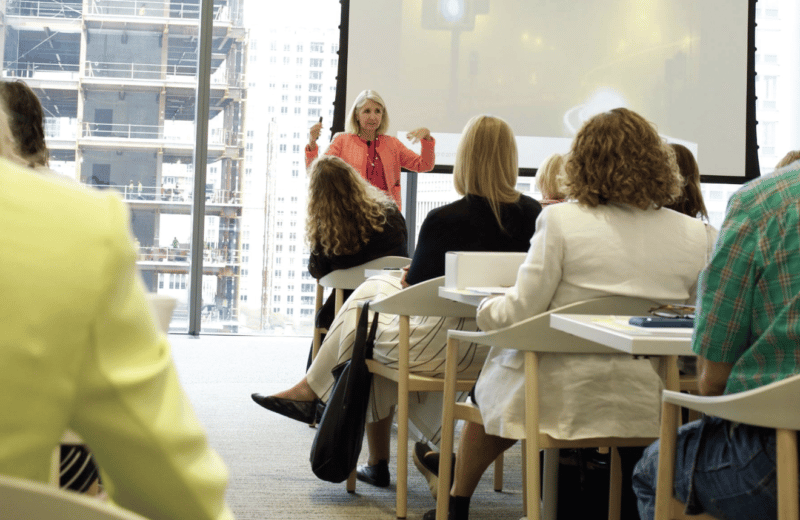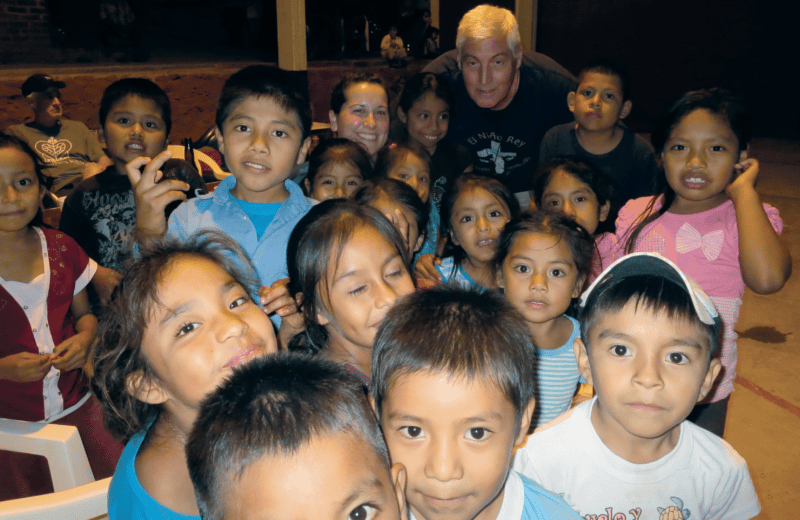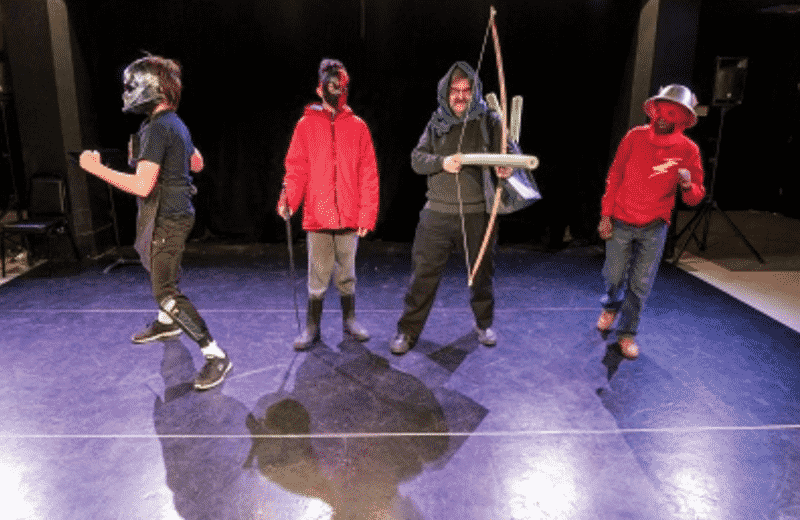GiGi’s Playhouse and Center for Enriched Living offer opportunities for achievement
It’s a universal feeling: to want to belong and to feel loved. Two nonprofit organizations, both with roots in the Chicago area, are working hard every day to champion the rights of those with developmental and intellectual disabilities.
As a society, we often focus on things that people with intellectual and developmental disabilities can’t do, whereas places like Center for Enriched Living (CEL) tend to focus on all they can do. “And they can do so much,” says Harriet Levy, executive director at CEL, a 50-year-old organization based in Riverwoods that provides social, recreational and educational enrichment programs for people with developmental disabilities.
“They have so much potential and have the same needs and desires that people without developmental disabilities have,” Levy says. “They want to work. They want to participate in the community. They want to be our neighbors and our friends.”
We all have the same desire to be appreciated, loved and respected, says Amy Archer, director at GiGi’s Playhouse Chicago, which provides free educational, therapeutic and career-development programs for individuals with Down syndrome and their families. Their goal is to build daily achievement and lasting acceptance.
“Individuals with Down syndrome are people first,” Archer says. “Everyone has their own hopes, dreams, likes and dislikes, as well as their own specific skills and talents. You just might realize you have more in common with an individual with Down syndrome than you think.”
Removing barriers
Organizations like GiGi’s Playhouse and CEL are positive places that build important skills.
Archer shares the story of 11-year-old Gaby, who was enrolled in GiGi’s Playhouse’s one-on-one speech program in which participants meet with a speech and language pathologist for 10 weeks. During one of those sessions, Gaby’s mother mentioned that when Gaby had stumbled while giving a school presentation, a classmate laughed and mocked her.
“Gaby’s confidence was shattered, and her parents saw her regress,” Archer says. Rather than focus on the classmate’s reaction, Gaby’s speech pathologist used the opportunity to teach her new language skills. “She worked with Gaby on developing speech strategies to repair a conversational breakdown,” Archer says. “Gaby learned what to do if she stumbled in the future and was given a chance to practice her skills in a safe and positive environment.”
Gaby’s situation isn’t unique. And the need to provide this kind of services is great and growing.
Both GiGi’s Playhouse and CEL were formed to meet the needs of their community members. Both have been growing every single year as the needs continue to increase, despite the fact that, according to the Coleman Institute, Illinois ranks 47th in the nation in funding services for people with intellectual and developmental disabilities.
“There is an 85 percent unemployment rate for people with developmental disabilities,” Levy says. “CEL’s Employment Opportunities Program works with members and the business community to remove existing barriers so that members can explore a variety of career options in large corporations and small businesses.”
Founded in Hoffman Estates in 2003, GiGi’s Playhouse’s growing network of Down syndrome achievement centers provides free, life-changing programs for families, Archer says. There are now 41 GiGi’s Playhouse locations across the U.S. and in Mexico.
“All of our programs are specially curated for different age groups and provide specific therapeutic or educational learning opportunities to support the development of speech-language, social and motor skills tailored to addressing the universal challenges of individuals with Down syndrome,” Archer says.
All in this together
These centers also provide social enrichment that isn’t always easy to find elsewhere.
“Social enrichment is really the foundation of everything we do,” Levy says. “Because isolation is one of the biggest issues that people with developmental disabilities face, we want to bring friends and peers together to learn, to grow, to connect with friends and the community and to enjoy a great quality of life.”
Levy thinks of members like Marc, who previously lived in New York City where he enjoyed a job and friends and easily navigated the city on public transportation. After Hurricane Sandy, he had moved to Chicago to be closer to his family but quickly realized everything that had been so accessible to him was no longer available. “He had no friends, no job and nothing to do,” Levy says.
Marc learned of CEL through a cousin and started with its bowling program. Then he attended a weekend program, dances, community excursions and CEL’s REACH Adult Day Program. “He is at CEL almost every day of the week, living his best life,” Levy says.
Living with developmental challenges affects more than just one person. “Over 400,000 individuals with Down syndrome currently live in the United States. Including affected parents and siblings, [there are] 2 million people who face this diagnosis every day,” Archer says. “There is an urgent need to improve the lives of those with Down syndrome and those touched by it.”
GiGi’s Playhouse and CEL are building community and changing lives daily.
Levy is proud that CEL is one of the options that people with developmental disabilities have. “Just like you or I want many options to fulfill our lives, the same is true for people with developmental disabilities,” she says. “Frankly, they need more options because they have more barriers in place. So, our role is to remove as many barriers as we can and provide programs that create a dynamic community so that members are our friends, neighbors and co-workers.”

